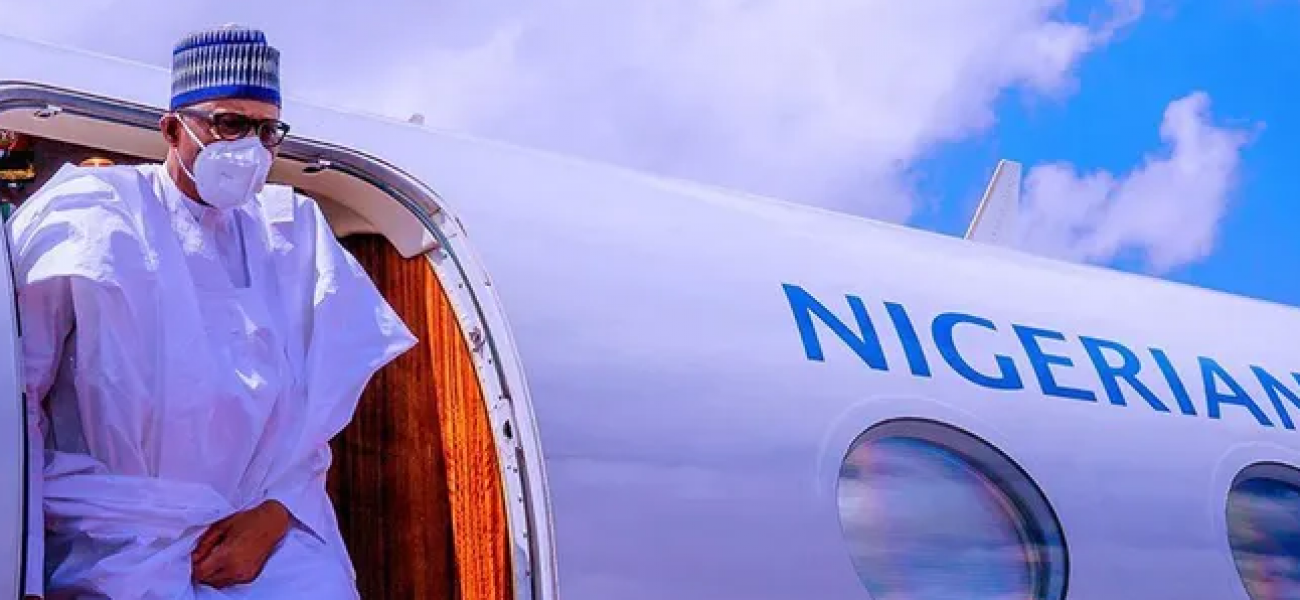On Tuesday, March 30, President Muhammadu Buhari travelled out of Nigeria, citing need for medical check-up in the United Kingdom as reason. In a statement issued by his spokesperson and Senior Special Assistant on Media and Publicity, Garba Shehu, the President said he was travelling for two weeks. When asked why the President travelled without leaving the Vice President to act as President in his absence, his spokesperson, stated that the President will continue to work from where he is, and that the Constitution requires only that he designates the Vice President to act if he plans to be out of the country for 21 days or more.
Section 145 of the 1999 Nigerian Constitution provides for the Vice President to act in the absence of the President and compels the National Assembly by a simple majority resolution of each House, to mandate the Vice President to act where the President fails to transmit power within 21 days of his absence or inability to discharge his duties. It would appear that President Muhammadu Buhari has developed paranoia for handing over power to the Vice President whenever he travels out of the country. It will be recalled that in August 2018, Vice President Yemi Osinbajo had acted as President and taken action dismissing then Director of State Security Services, Lawal Daura for authorising a raid on the National Assembly. This far-reaching decision has of course left its mark in the Presidency, making it difficult for the Vice President to be designated as Acting President since then.
At this time, it is unclear who runs the affairs of the country, with President Buhari reportedly on ‘medical leave.’ The country has seen complaints about the failures in governance in recent years and citizens worry that the affairs of the country appear to be in limbo and unguided.

